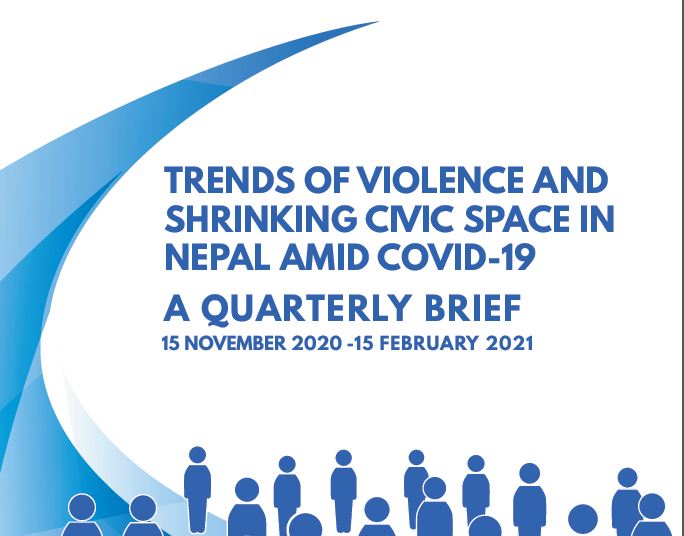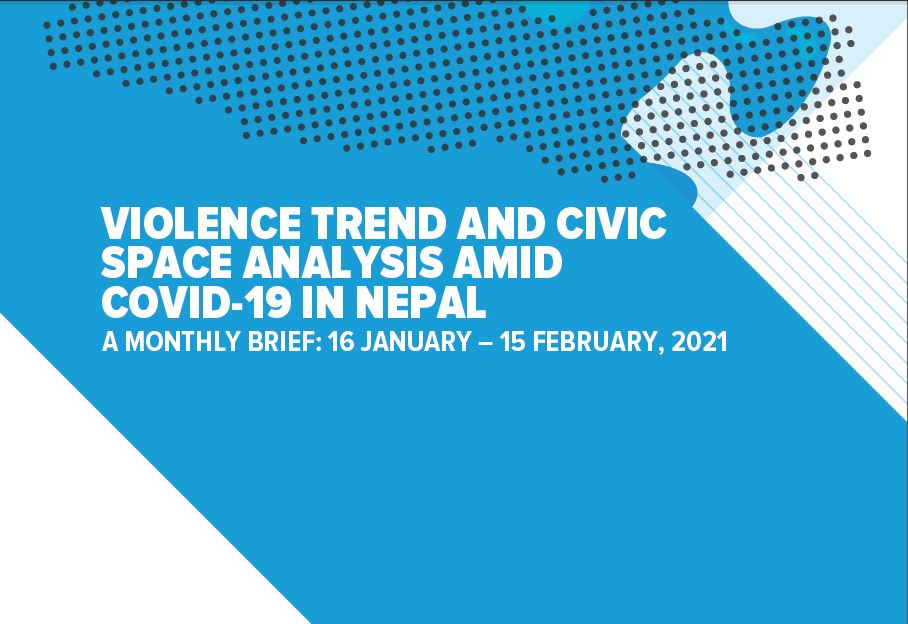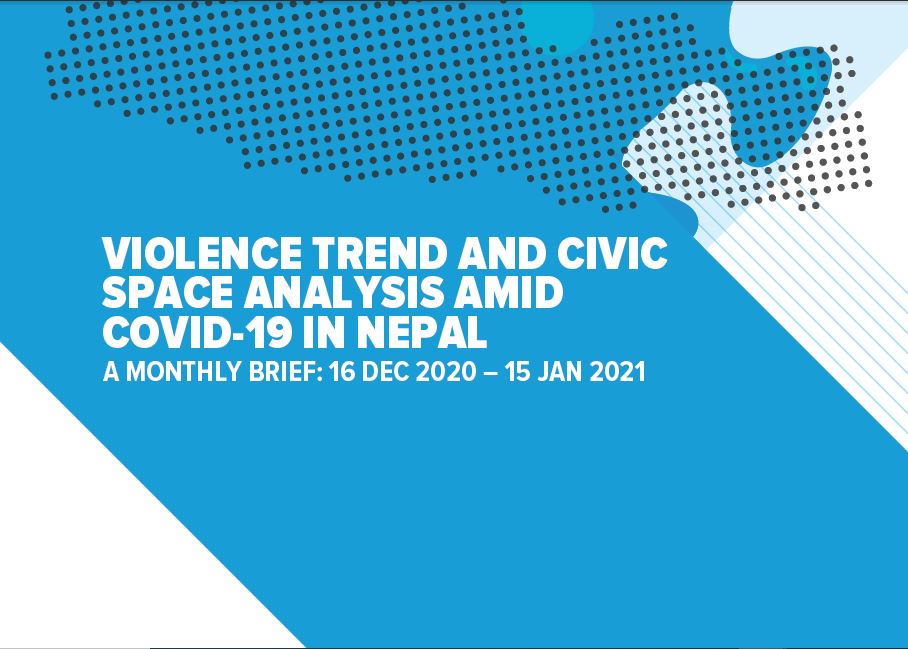During a recent visit to the Tarai, I met protestors, local activists and members of the public, both Madhesis and hill people, who face challenges living in a secure environment. On the bus back to Kathmandu from Siraha, a Madhesi was badly humiliated by hill passengers,
reflecting the widening gap between Madhes and the hills. Hill people and so-called nationalists use words like “dhoti, bhaiya, Madise, rastraghati, deshdrohi, kale and bhele” to refer to the Madhesis. Kisundeo Mehta of Sunsari expressed his frustration thus: “The Nepali state treats us like we are Indians, and the so-called hill nationalists see us as second-class citizens. Our main concern is to keep our Nepali identity as
equal citizens.”
Our country has suffered years of conflict, disputes and instability due to exclusion and marginalisation on the basis of ethnicity, gender, caste and geography through a highly centralised elitism. Pradip Chaudhary, a political activist from Udaipur district, claimed, “The state completely suppressed us and abused our indigenous rights. We may become violent if they do not listen to the struggle for our rights.” Chaudhary added, “If the state does not understand our identity and issues of poverty linked to land disputes and lack of representation, we will have no option but to move towards a unified revolt.”
No change in sight
Why have local struggles and people’s movements failed in Nepal? People have made sacrifices and struggled for change but seen the new political dispensation turn into a corrupt industry with no transformation in the lives of ordinary Nepalis. Due to the extreme exclusionary system of the Nepali state, polarisation is creating severe divisions within communities. The expectations of a new growing middle class are not being fulfilled and minorities are becoming increasingly marginalised. Phunde Rasaili, a Dalit activist, said, “It is a fight against discrimination and routine marginalisation, and our struggle continues.”
The main driver of the Madhes revolt is unfair treatment, discrimination and state oppression that has continued for years. If the ongoing struggle ends without the demands being addressed, the middle class and a radicalised new generation may not follow their corrupt leaders, and the movement could assume a more violent form. Kathmandu must listen to the Madhesi people’s demand with a solid commitment to address them. The families of those disappeared during the Panchayat era, such as Sakesh Chandra Mishra from Dhanusha, still do not know what happened to their loved ones.
The 1990 Mallik Commission’s report has never been published, and the country has not learnt the truth. Political activist Ram Brikshya Yadav was detained, tortured and killed by state forces in 1995, before the Maoist conflict. His family has never learned the facts of the incident or seen the perpetrators punished. Hundreds of Madhesi activists, members of the general public and journalists were disappeared, tortured, raped, killed and displaced by state forces. The infamous Dhanusha Five disappearance case of 2004 has been investigated by the National Human Rights Commission, but the families are still suffering, and the known perpetrators still hold posts in the Nepali security forces and remain unpunished.
Similarly, the 2006 Rayamajhi Commission’s findings were never made public while the alleged perpetrators have been protected and promoted. The Comprehensive Peace Agreement of 2006 and the Interim Constitution of 2007 pledged to form a Truth and Reconciliation Commission and a Disappearance Commission to deal with conflict-related crimes committed during the 1996-2006 People’s War. However, little progress has been made. While the government established the Truth and Reconciliation Commission and the Commission of Investigation on Enforced Disappeared Persons (CIEDP) in February 2015, they were formed at the state level without proper consultation with the public and the victims’ community. Moreover, the commissions have no mandate to investigate and deal with the victims who suffered at the hands of the state during the 2007 Madhes movement and the ongoing struggle in the plains.
Time for justice
This is a time for Nepal to bring all the citizens into a justice framework. The Nepali state is not listening to the Madhesi people and has not addressed the demands being made through peaceful means. From Bhardaha in Saptari to Rangeli in Morang, the recent killings of 60 people who spoke out and fought for their rights to identity, equal rights and democracy should be addressed and investigated by the state. If the government and the current political leaders fail to address a peaceful campaign and local struggle for justice, violations may continue, and belief in peaceful protests will weaken. This will foster a culture of militancy in society and potentially push the region towards a long-running violent conflict.
In such a chaotic political climate, how can the Madhesi people trust the state-led transitional justice bodies that are not responsible or receptive to the conflict victims? To address the people’s rights and link them to current transitional justice needs, the government should form an Independent Inquiry into Violence (IIV) in the Tarai to maintain peace and order and find a long-term solution through democratic and peaceful means. Let us come together and speak up for the Madhes and the Madhesi demands for justice, and express our solidarity with the people in their struggle for their rights. International partners, the diplomatic community, civil society, media, intellectuals and the general public must play a constructive role to investigate the Tarai violence and contribute to a solution based on dialogue, non-violent action and effective communication. This is a time to act and work for sustainability, not divide and rule the minorities.
- Bhandari is the general secretary of Conflict Victims Common Platform







